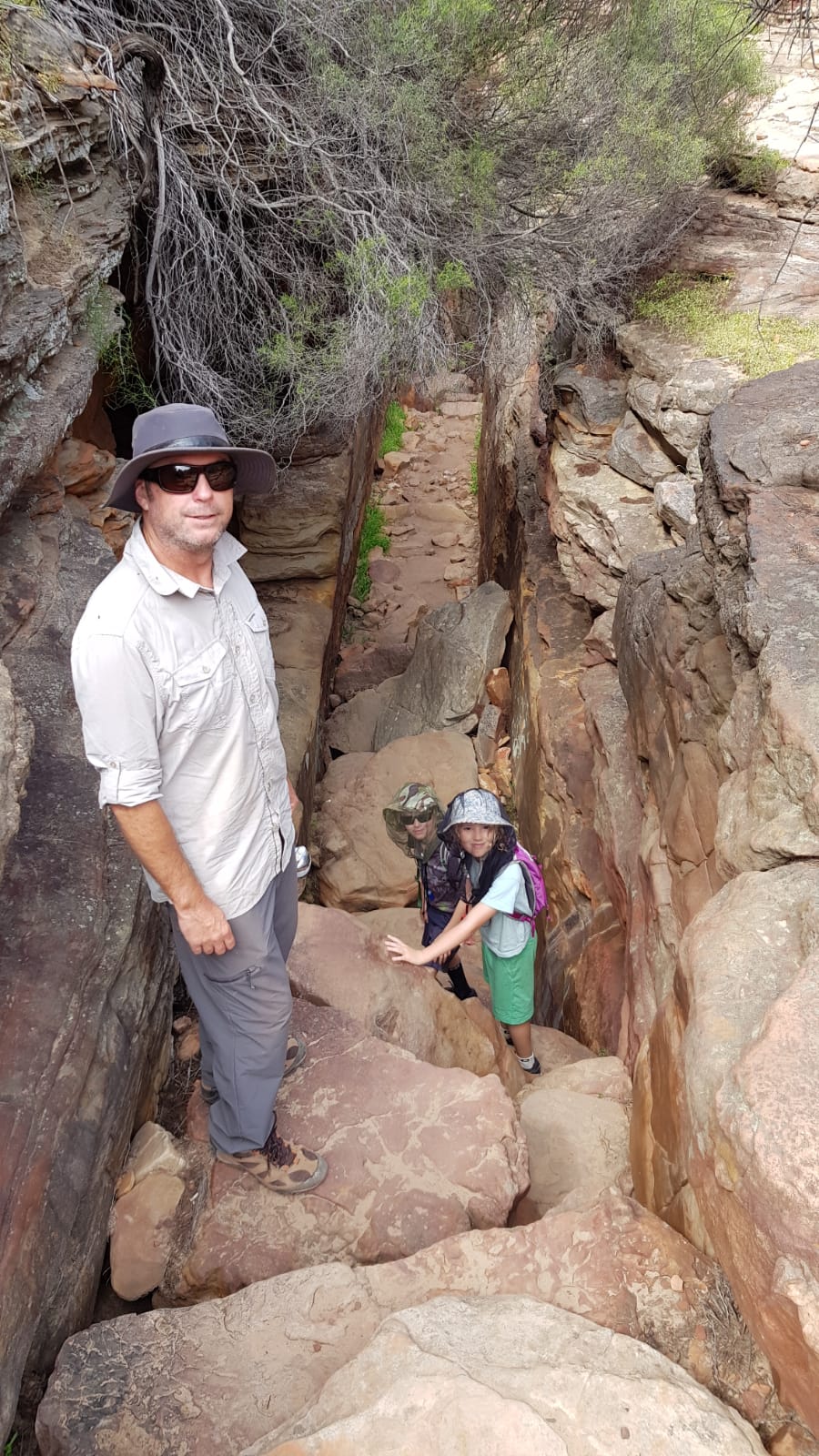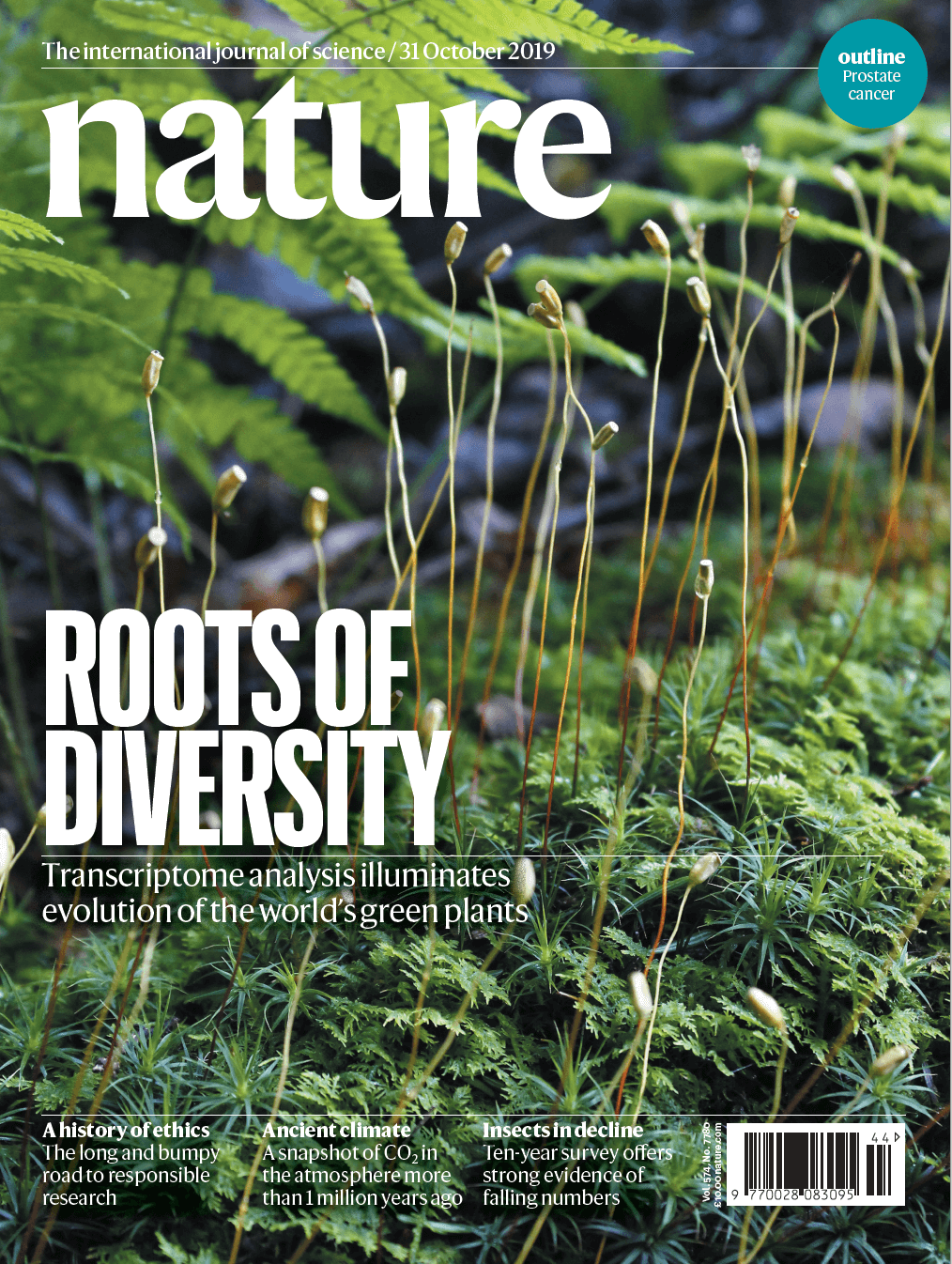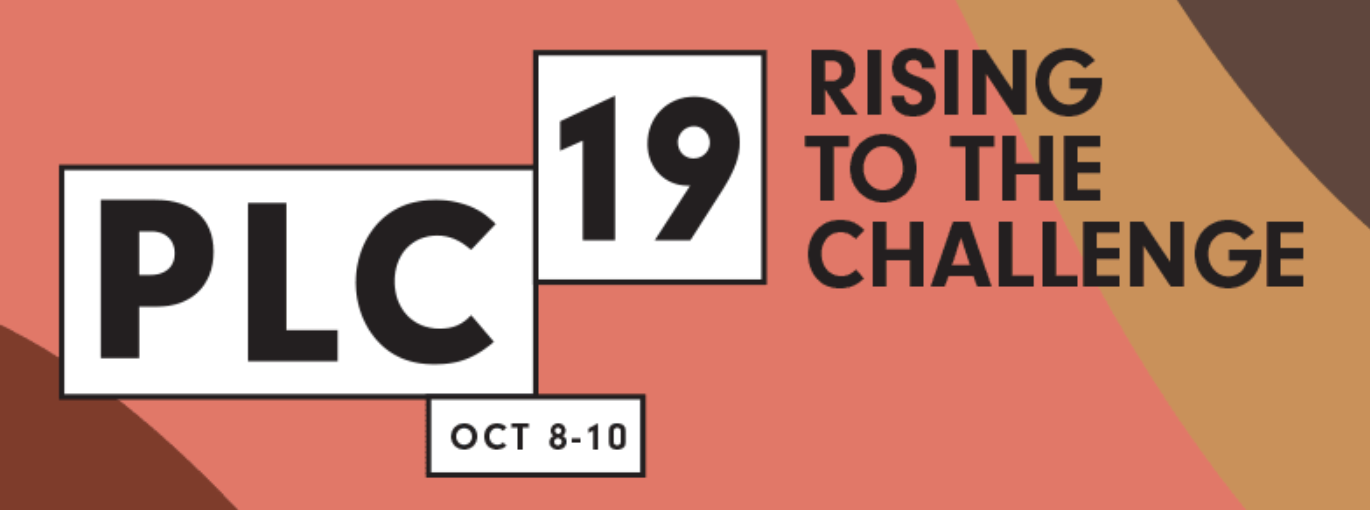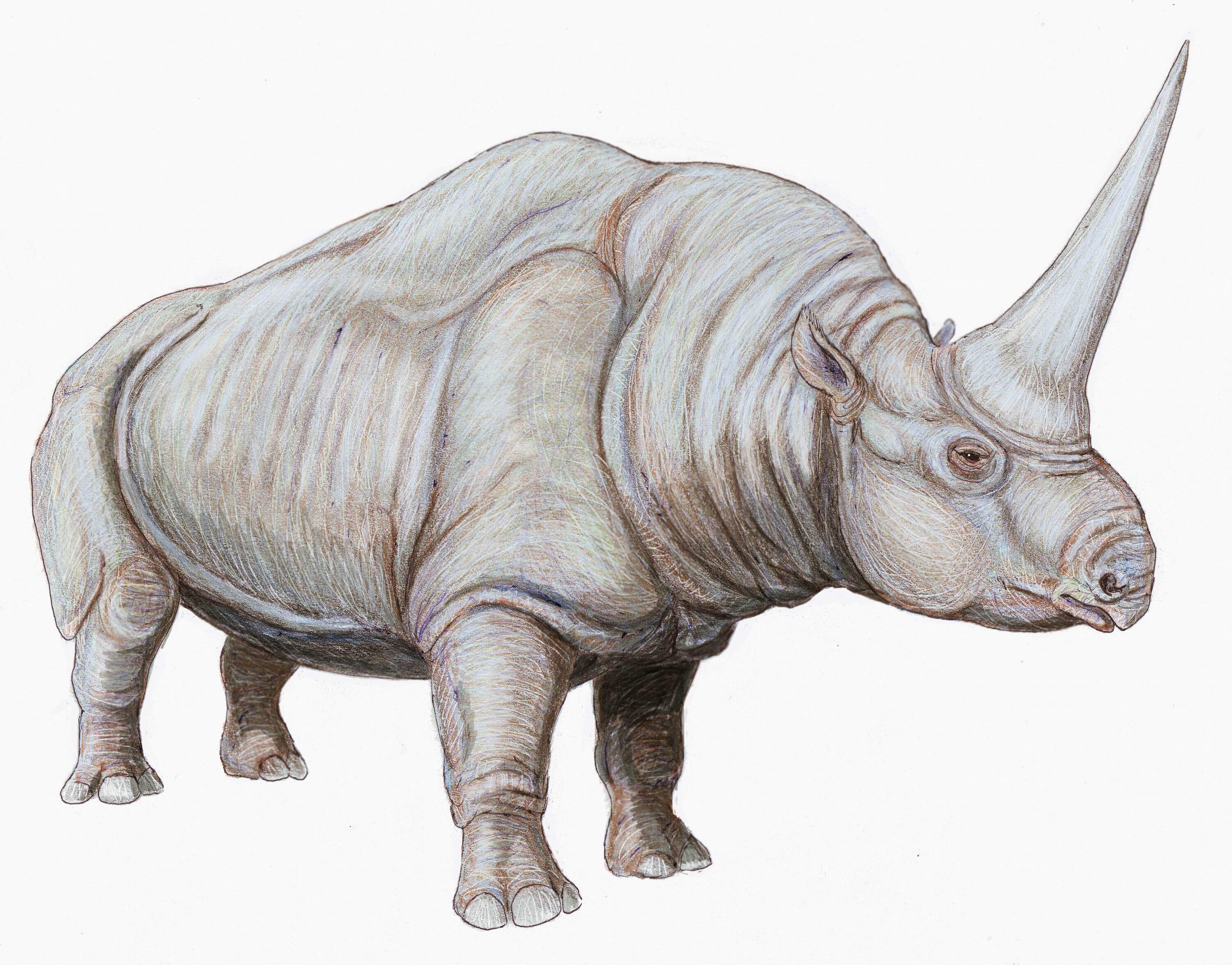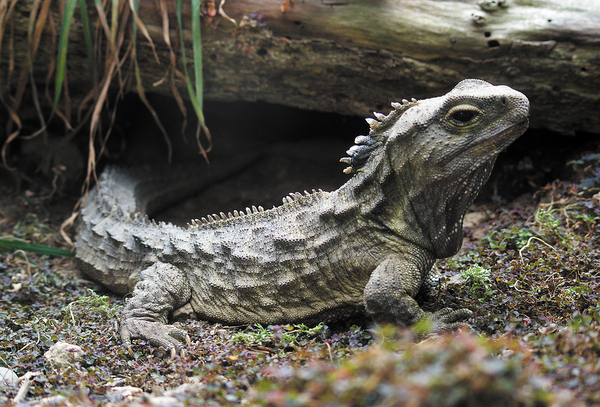BLOGS WEBSITE
TAG: Nature
Nature opinion piece by Associate Professor Phill Cassey
During Associate Professor Phill Cassey’s long service leave, he contributed to Nature, a highly regarded journal in his field. In the ‘career column’ article, Associate Professor Cassey gave his perspective on higher-level academic promotion. In his post, he addresses higher-level diversity and equity in his workplace and outlines one proactive step his has implemented to support diversity at the […]
Comments Off on Nature opinion piece by Associate Professor Phill Cassey
Published in Nature – plant evolution from gene scans
Released in Nature magazine, new paper explores the evolutionary history of plants through DNA analysis. Researchers at the University of Adelaide have been a part of this exciting task. There are three genomes to analyse in plants, within their: nucleus mitochondria (the battery-like power centres of the cell) chloroplasts (the solar cell like structures that […]
Comments Off on Published in Nature – plant evolution from gene scans
2019 Private Land Conservation Conference – Rising to the Challenge
The Environment Institute is proud to be sponsoring the Australian Land Conservation Alliance Conference (PLC19) called “Rising to the Challenge” in Adelaide this year. The fifth national ALCA Conference builds on the growing momentum for conservation on privately owned and managed land across Australia, and so evident from the last four conferences. PLC19 ask presenters and […]
Comments Off on 2019 Private Land Conservation Conference – Rising to the Challenge
Climate Change Wiped out the ‘Siberian Unicorn’
New research has shed light on the origin and extinction of a giant, shaggy Ice Age rhinoceros known as the Siberian unicorn because of its extraordinary single horn. An international team of researchers from Adelaide, Sydney, London, the Netherlands, and Russia, have settled a long-standing debate about the relationship of the Siberian unicorn to living […]
Comments Off on Climate Change Wiped out the ‘Siberian Unicorn’
Guest Post: 150 Years Not a Lizard
This month marks 150 years since the iconic New Zealand tuatara was recognised to be the only living member of a distinct reptile lineage entirely separate from lizards and snakes. Albert Günther, a zoologist was the first to recognise that the tuatara could not be grouped under the classification of “lizard”. His detailed anatomical description […]
Comments Off on Guest Post: 150 Years Not a Lizard
Old microbial friends key to good health
The human microbiome is increasingly being recognised as an important part of our well-being. But research is showing that our interact with microbiomes in the environment can have a huge effect on the microbiomes in our bodies. The beneficial bacteria that populate our body play a huge role in our metabolism and physiology. If the population […]
Comments Off on Old microbial friends key to good health
New collaboration between TERN and Nature
A new collaboration towards open data sharing has been forged between the Terrestrial Ecosystem Research Network (TERN) and Nature Research. TERN, a network of ecosystem scientists, has built its reputation on the sharing of ecological data. The Adelaide branch of TERN is led by the Environment Institute’s Professor Andy Lowe. The data repository that TERN developed, Advanced […]
Comments Off on New collaboration between TERN and Nature
Shrinking leaves point to climate change
Environment Institute researchers have discovered that recent climate change is causing leaves of some Australian plants to narrow in size. The results are published online today in the Royal Society journal Biology Letters, and involve Environment Institute members Greg Guerin, Haixia Wen (also Chongqing University of Technology) and Andrew Lowe (also DENR). The study, which […]
1 Comment
World’s First Super Predator Had Remarkable Vision
Palaeontologists have discovered exceptionally preserved fossil eyes of the top predator in the Cambrian ocean over 500 million years ago – the fearsome metre-long Anomalocaris. The international team behind this discovery includes ACEBB researcher, Dr. Michael Lee (SA Museum and University of Adelaide) as well as Adelaide researcher Dr. Jim Jago (SA Museum and UniSA), […]
Comments Off on World’s First Super Predator Had Remarkable Vision

